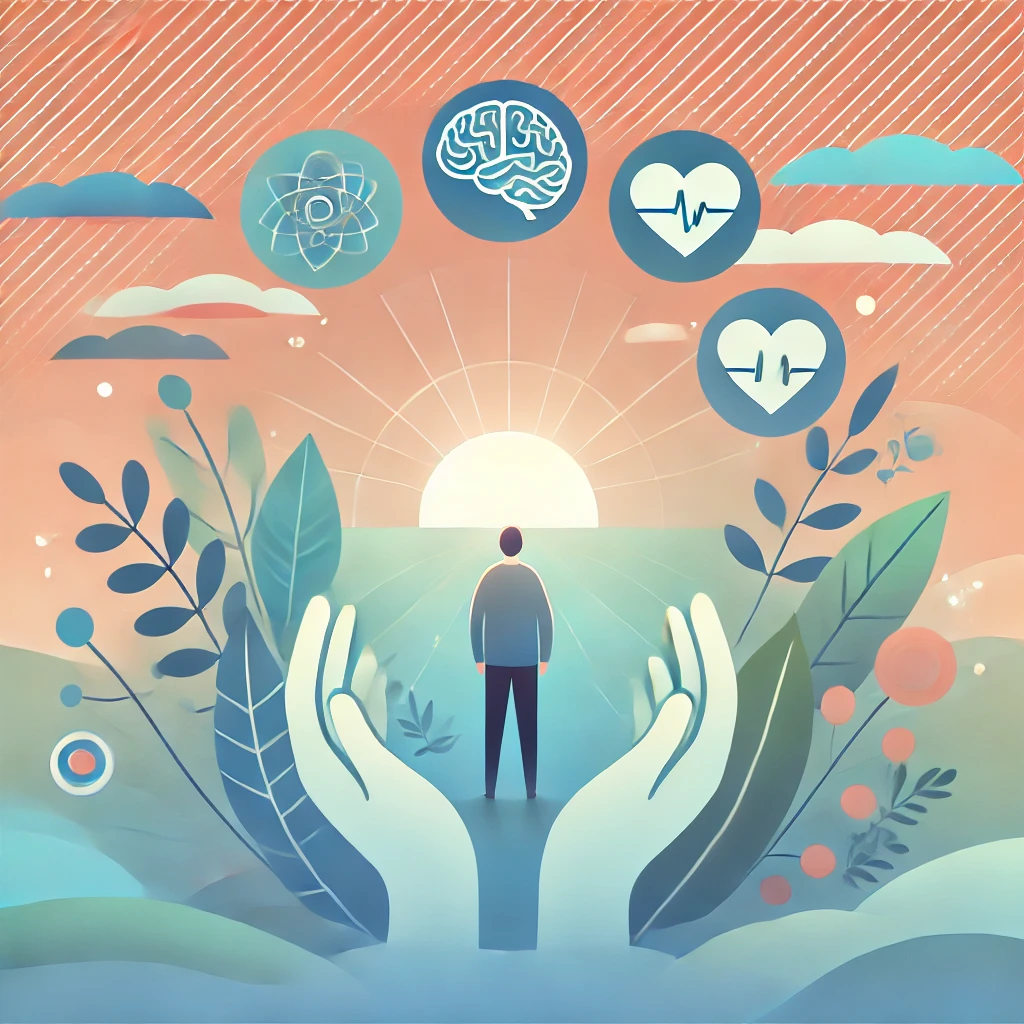Your cart is currently empty!

Understanding Mental Health: Living with Conditions, Illnesses, and Disorders.
Understanding Mental Health: Living with Conditions, Illnesses, and Disorders.

Welcome to our mental health blog! Today, we talk about living with a mental health condition, illness, or disorder.
Living with a mental health challenge—whether it’s anxiety, depression, bipolar disorder, PTSD, or something else—can feel overwhelming. These mental health issues can impact your emotions, thoughts, and behaviors, making everyday activities harder to manage. It’s important to remember that mental health issues are common, and help is available.
In this post, we will explore the differences between a mental health condition, illness, and disorder, explain how to build a support system, and provide resources and book recommendations to guide you toward healing.
What’s the Difference Between a Mental Health Condition, Illness, and Disorder?
While the terms mental health condition, illness, and disorder are often used interchangeably, there are subtle differences:
-
Mental Health Condition: This is the broadest term. A mental health condition refers to any state that affects a person’s mental well-being. It can be mild or severe, and it includes both temporary issues (like grief or situational anxiety) and long-term concerns. Examples include stress, short-term anxiety, or a period of depression.
-
Mental Illness: This term describes diagnosable mental health conditions that meet specific clinical criteria. Mental illnesses are more severe and generally require medical diagnosis and treatment. Examples include major depressive disorder, bipolar disorder, and schizophrenia.
-
Mental Health Disorder: Similar to mental illness, this term refers to diagnosable conditions that significantly affect someone’s thinking, behavior, or mood. These conditions can be chronic and disruptive. Examples include OCD (Obsessive-Compulsive Disorder), PTSD (Post-Traumatic Stress Disorder), ADHD (Attention-Deficit/Hyperactivity Disorder), and Borderline Personality Disorder (BPD).
Understanding these distinctions can help in navigating the appropriate treatment and support options.
The Importance of a Support System
Navigating life with a mental health condition is often more manageable with the support of others. A well-rounded support system helps reduce feelings of isolation and provides a safe space to express your struggles and progress.
- Family and Friends: Loved ones can be a great source of comfort and encouragement. It’s crucial to communicate your needs and explain how they can offer support without judgment.
- Mental Health Professionals: Licensed therapists, psychologists, and psychiatrists can provide expert care tailored to your unique situation. At Ellipsis Counseling Center, we offer individual virtual therapy sessions for adults, focusing on helping you manage stress, anxiety, depression, and other conditions through one-on-one sessions with a licensed professional.
- Support Groups: Whether in-person or online, support groups connect you with others experiencing similar mental health challenges. These groups offer a sense of community and shared understanding that can be invaluable in the healing process.
- Online Resources: In addition to professional help, numerous websites and organizations provide valuable information and self-help tools to manage mental health.
References & Resources
- National Alliance on Mental Illness (NAMI): Provides a wide range of support services, educational resources, and advocacy for those affected by mental health conditions. nami.org
- MentalHealth.gov: A U.S. government website offering information on mental health and how to get help. mentalhealth.gov
- Ellipsis Counseling Center: Offering virtual counseling sessions for adults in Florida. We specialize in providing one-on-one therapy for stress, anxiety, depression, and other mental health concerns. Visit our website to learn more or schedule a session.
Recommended Books for Mental Health
-
“The Body Keeps the Score” by Bessel van der Kolk, M.D.
- This bestselling book explores how trauma impacts the brain and body and offers a path toward recovery and healing.
-
“Lost Connections” by Johann Hari
- A thought-provoking book that delves into the root causes of depression and anxiety, suggesting ways to restore connection with ourselves and others.
-
“An Unquiet Mind” by Kay Redfield Jamison
- This memoir offers a personal glimpse into living with bipolar disorder from the perspective of both a patient and a clinical psychologist.
-
“Sometimes I Act Crazy: Living with Borderline Personality Disorder” by Jerold J. Kreisman
- A compassionate and informative guide to understanding and managing Borderline Personality Disorder, offering insights for both individuals with BPD and their loved ones.
Final Thoughts
Living with a mental health condition, illness, or disorder can be challenging, but there is hope. With the right resources and support system, you can take meaningful steps toward managing your condition and improving your quality of life. Remember, seeking help is not a sign of weakness—it’s an act of courage and self-care.
If you are ready to take that step, consider reaching out to professionals who can guide you through your journey. Whether through Ellipsis Counseling Center or another resource, help is always within reach.
Thank you for joining us on this journey to promote mental well-being and break the stigma. Stay tuned for more insights, tips, and stories on our mental health blog, and don’t forget to check out our podcast and YouTube channel for deeper discussions and additional resources!
If you have a personal journey related to this topic that you would like to share, please feel free to email us at [email protected]. Let us know if you want to share it anonymously or with your name.
